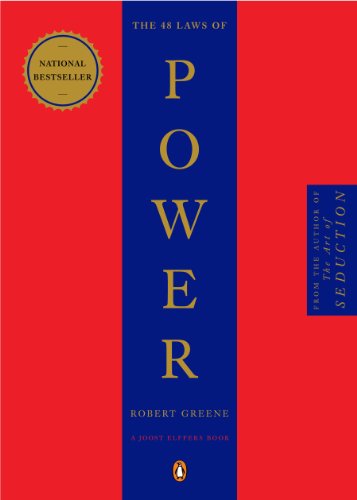

This article is an excerpt from the Shortform summary of "The 48 Laws of Power" by Robert Greene. Shortform has the world's best summaries of books you should be reading.
Like this article? Sign up for a free trial here .
Overview of Law #43: Work on the Hearts and Minds of Others
Win others’ hearts and minds, and you’ll have them eating out of your hand. Play on their emotions and weaknesses, appeal to their self-interest and they’ll willingly do what you want. Build broad support — someday you’ll need it. Neglect this at your peril.
Principles of Law 43
Making people do what you want by force may work in the short term, but it isn’t a sustainable long-term strategy because it generates resistance. Working on the hearts and minds of others — so they bend to your will voluntarily — is more effective and less costly.
The key to working on the hearts and minds of others is to use people’s emotions and weaknesses. Understand their individual psychology and their emotional responses. Target strong emotions such as hate, envy, and love. Play on what they’re afraid of and what’s dear to them. When you connect with their emotions, they’re more susceptible to your control. When he gave speeches, Mao always appealed to the crowd’s emotions and spoke simply, reflecting their feelings.
According to Law 43 of the 48 Laws of Power, the best way to stir emotions is by doing the opposite of what people expect, for instance by acting with kindness when your opponents expect payback from you. You can also win hearts by promising security, allaying fears, or relieving despair.
Use symbolic gestures to generate goodwill, for instance, to show that you suffer as well, even if only in a minor way compared to their suffering. To find out what likes and dislikes motivate them, get them to open up. Use these as leverage.
Another way to connect effectively with people, to work on their hearts and minds, is by appealing to their self-interest, which is the strongest motivator. Show them how what you want will benefit them. People are more likely to support a cause that aligns with their self-interest.
Besides securing emotional commitment, work to build broad support including allies at all levels. Someday you’ll need them.
Putting Law 43 to Work
Here is an example of how not to apply Law 43 of the 48 Laws of Power: French Queen Marie Antoinette lost her head because she never bothered to win her subjects’ hearts and minds, and in fact insulted them. She had been pampered and indulged as a child, and came to believe that people owed her affection and admiration, without any love or consideration from her in return.
She lived lavishly and incurred massive debt to create a private Garden of Eden at Versailles, while the economy was deteriorating. She never toured the country to meet people or build support and didn’t receive public visitors.
As a result she became the focus of growing public resentment. When the French revolution began in 1879, she remained unconcerned, expecting it to dissipate. Even when people marched on Versailles and the royals were forced to move out, she didn’t make any effort to communicate.
Marie-Antoinette went to her death unrepentant, and remains legendary today for her complete indifference to others’ concerns.
Exceptions to Law 43
Are there any exceptions to Law 43 of the 48 Laws of Power? Should you ever not work on the hearts and minds of others? No. There aren’t any exceptions to the need to win hearts and minds. Always follow Law 43 of the 48 Laws of Power: Work on the Hearts and Minds of Others.
———End of Preview———

Like what you just read? Read the rest of the world's best summary of "The 48 Laws of Power" at Shortform . Learn the book's critical concepts in 20 minutes or less .
Here's what you'll find in our full The 48 Laws of Power summary :
- Why you should never outshine your boss
- How to appear like a friend but behave like a spy
- The 6 rules you absolutely must not violate, if you want to be successful






